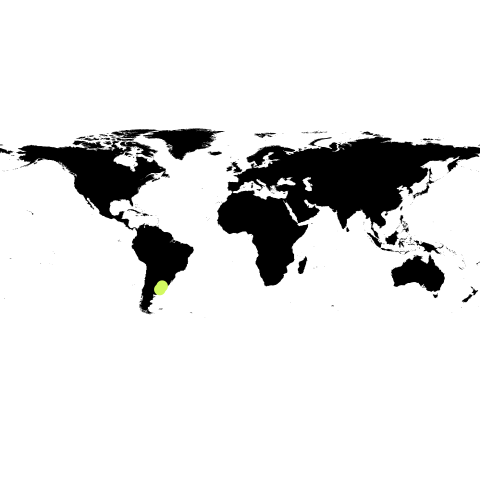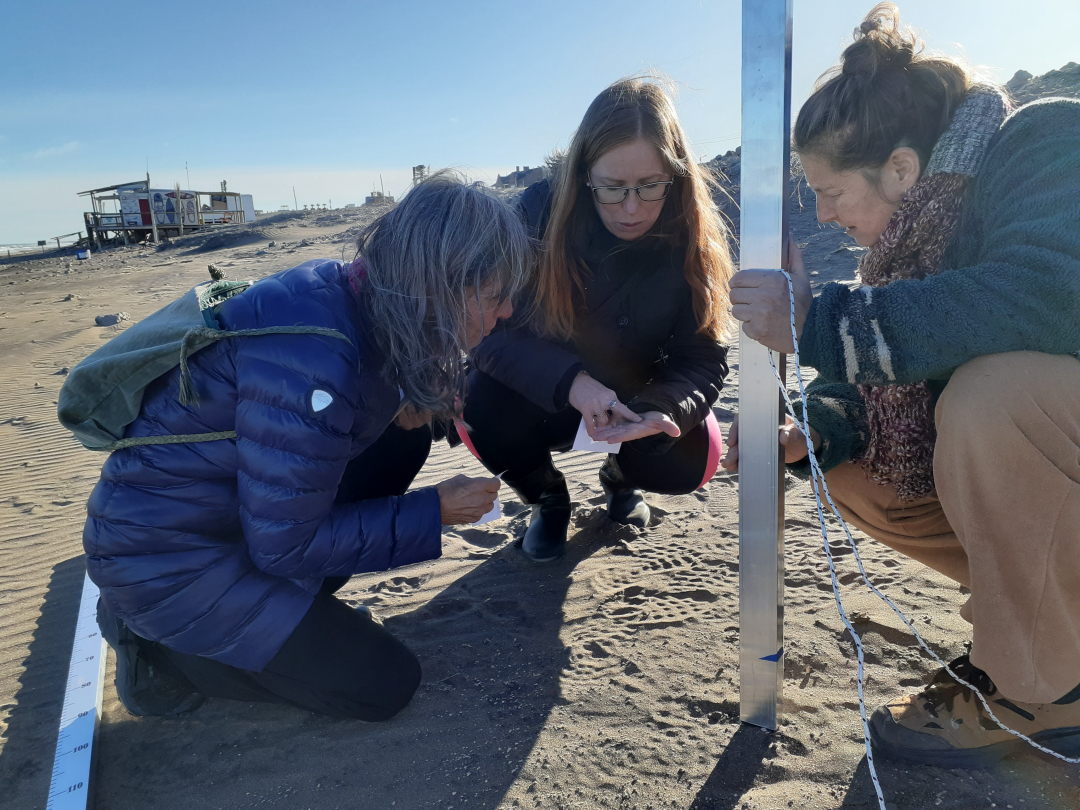Disclaimer:
Please be aware that the content herein is comprised of personal reflections, observations, and insights from our contributors. It is not necessarily exhaustive or authoritative, but rather reflects individual perspectives. While we aim for accuracy, we cannot guarantee the completeness or up-to-date nature of the content.
Co-created project: Citizens participate in all stages of the scientific process.
Overall goal: Analyze the environmental dynamics of coasts in the province of Buenos Aires - Create a solid database that is sustained over time in which local stakeholders participate and play a major role in different complex issues, such as erosion, sedimentation, storm effects, and landscape changes. Specific goals: Implement an environmental data monitoring system that is continuous and sustained over time throughout the coast of the province of Buenos Aires - Analyze the impact of extreme weather events, its year-over-year and seasonal variation and tendency on beaches of the province of Buenos Aires - Based on citizen participation, create a database of socio-environmental dynamics in each study town - Establish coastal erosion risk levels due to natural and anthropic actions - Strengthen the links among research institutions, civil society organizations, and decision-makers.
Description of citizen participation: Citizen participation starts by defining the coastal area to be measured based on the social or environmental issues citizens note or perceive on their own. After the area is defined, participants collect data every month (type of breaker, wave height and period, longshore drift speed and direction, sediment size, and beach profile) using measurement techniques learned in previous training sessions. Finally, the collected data is sent digitally to the project’s email. After a storm, data is also sent with photos and/or videos and pre-designed forms completed with citizens’ perceptions of the storm’s effects on their towns. In June 2024, the project plans to organize participatory workshops in which citizens will be encouraged to think about possible solutions for the perceived issues and whether it is attainable to carry out some of them, for example, the decision and implementation of garbage bins.
Time frame: 1/6/2021 - 4/11/2025
Project leaders: [REDACTED], Instituto Argentino de Oceanografía (IADO)/Con�sejo Nacional de Investigaciones Científicas y Técnicas (CONICET)-Uni�versidad Nacional del Sur (
Contact information: Email: [REDACTED] Facebook: facebook.com/profile.php?id=[REDACTED] Instagram: instagram.com/p.ciupac/
 Consent to share form or official link.
Consent to share form or official link.

 4Quality education
4Quality education 11Sustainable cities and communities
11Sustainable cities and communities 13Climate action
13Climate action
Comments
Log in to add a comment or reply.